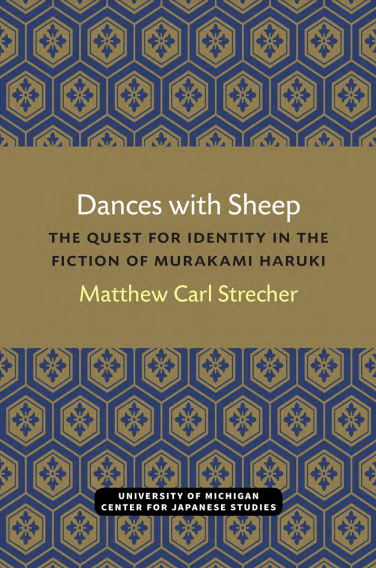Dances with Sheep
Editorial: University of Michigan Press
Licencia: Creative Commons (by-nc-nd)
Autor(es): Strecher, Matthew
As a spokesman for disaffected youth of the post-1960s, Murakami Haruki has become one of the most important voices in contemporary Japanese literature, and he has gained a following in the United States through translations of his works. In Dances with Sheep, Matthew Strecher examines Murakami's fiction—and, to a lesser extent, his nonfiction—for its most prevalent structures and themes. Strecher also delves into the paradoxes in Murakami's writings that confront critics and casual readers alike. Murakami writes of "serious" themes yet expresses them in a relatively uncomplicated style that appeals to high school students as well as scholars; and his fictional work appears to celebrate the pastiche of postmodern expression, yet he rejects the effects of the postmodern on contemporary culture as dangerous. Strecher's methodology is both historical and cultural as he utilizes four distinct yet interwoven approaches to analyze Murakami's major works: the writer's "formulaic" structure with serious themes; his play with magical realism; the intense psychological underpinnings of his literary landscape; and his critique of language and its capacity to represent realities, past and present.
[2020]
Compartir:
Una vez que el usuario haya visto al menos un documento, este fragmento será visible.


